Becoming a citizen might be easier than you think in these places.
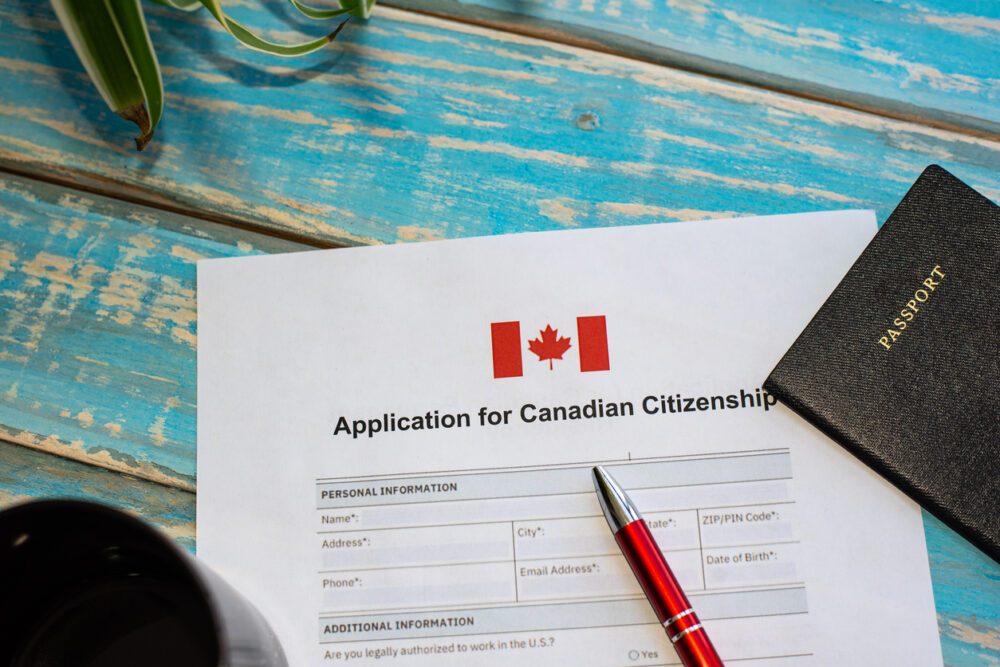
Becoming a citizen of another country sounds like a complicated dream, but in some spots around the world, it’s a surprisingly achievable goal. While some nations guard their citizenship gates with red tape and endless requirements, others are surprisingly open—offering straightforward, affordable, and even fast-track paths to a second passport. Experts in global mobility and immigration law have pointed to a handful of countries that stand out for making the process refreshingly simple.
These places aren’t just easygoing about paperwork—they often come with perks like visa-free travel, affordable healthcare, and welcoming communities. Some favor ancestry, while others reward long-term residents or those willing to invest in the local economy. Whether you’re planning a fresh start, chasing a new adventure, or just looking for options, these ten countries might be exactly what you’re after. Just know that “simple” doesn’t always mean instant, but the hoops here are fewer and the payoffs can be big.
1. Argentina offers a fast path through residency.
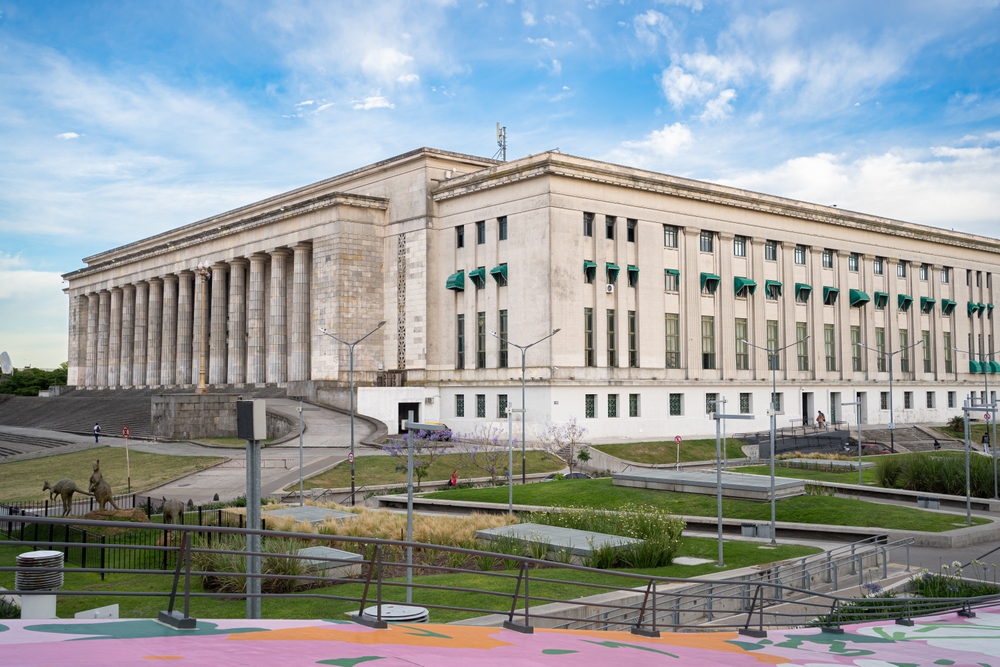
Argentina makes it surprisingly easy to become a citizen after just two years of legal residency. That’s one of the shortest wait times in the world for naturalization. You don’t need to marry a local, have Argentine heritage, or even prove fluency in Spanish, although it definitely helps. Residency itself is relatively easy to obtain, and you can even apply while staying in the country on a temporary visa, as long as you can show stable income or self-employment.
Experts say Argentina’s constitution is very generous about the rights of foreigners, and the legal system often favors inclusivity, as reported by Sabrina Andrea Avigliano at E-international Relations. Once your two years are up, you apply directly to a federal judge for citizenship. There’s no formal language or culture test, and while the process does vary depending on the court, many applicants report smooth and quick approvals. The Argentine passport is strong, offering visa-free or visa-on-arrival access to over 170 countries. If you’re looking to settle in a lively country with a welcoming vibe and no strict income thresholds, Argentina is tough to beat.
2. Uruguay welcomes residents with open arms.
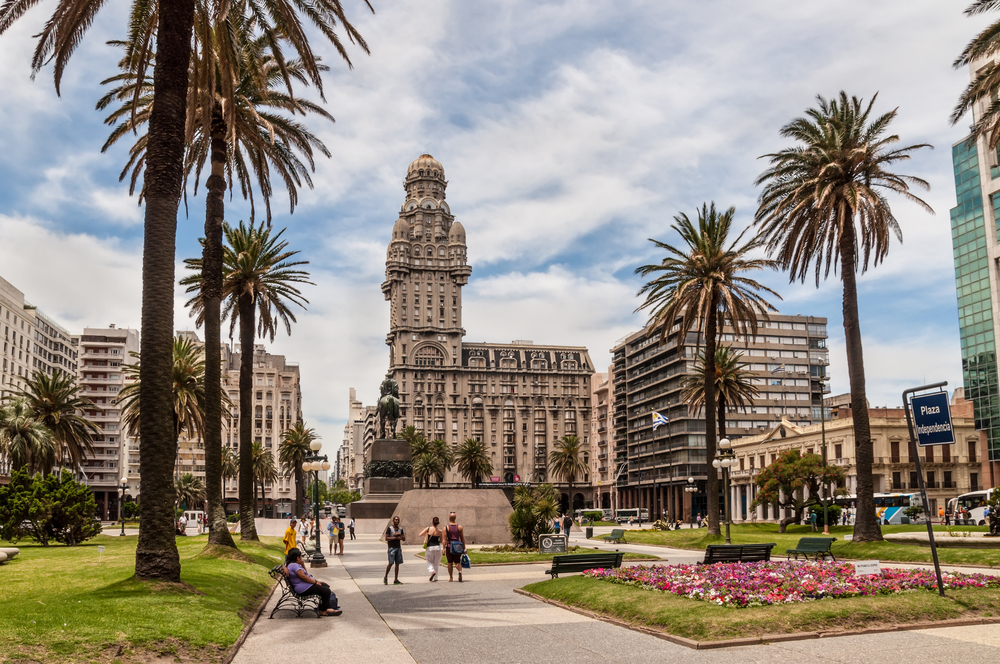
Uruguay has long been known as one of the most stable and progressive countries in Latin America, and that friendliness extends to its citizenship laws. You can apply for citizenship after just three years of residency if you’re married or have a family in Uruguay—or five years if you’re single. That’s still far faster than most countries, and the requirements are relatively light. There’s no required investment, and the cost of living is moderate compared to North America or Europe.
During your residency, you’ll need to prove “center of life” status—meaning you’ve established roots like a home, a job, or community involvement. But you don’t have to be a high earner or speak flawless Spanish. Uruguay doesn’t mandate language or civics tests, though being able to communicate in Spanish helps the process, as authors at Study.com mentioned. Once naturalized, citizens get access to a highly respected passport with visa-free access to much of South America and Europe. If you value a calm lifestyle, strong institutions, and an inclusive society, Uruguay is an underrated gem for aspiring dual citizens.
3. Paraguay offers one of the lowest barriers to entry.
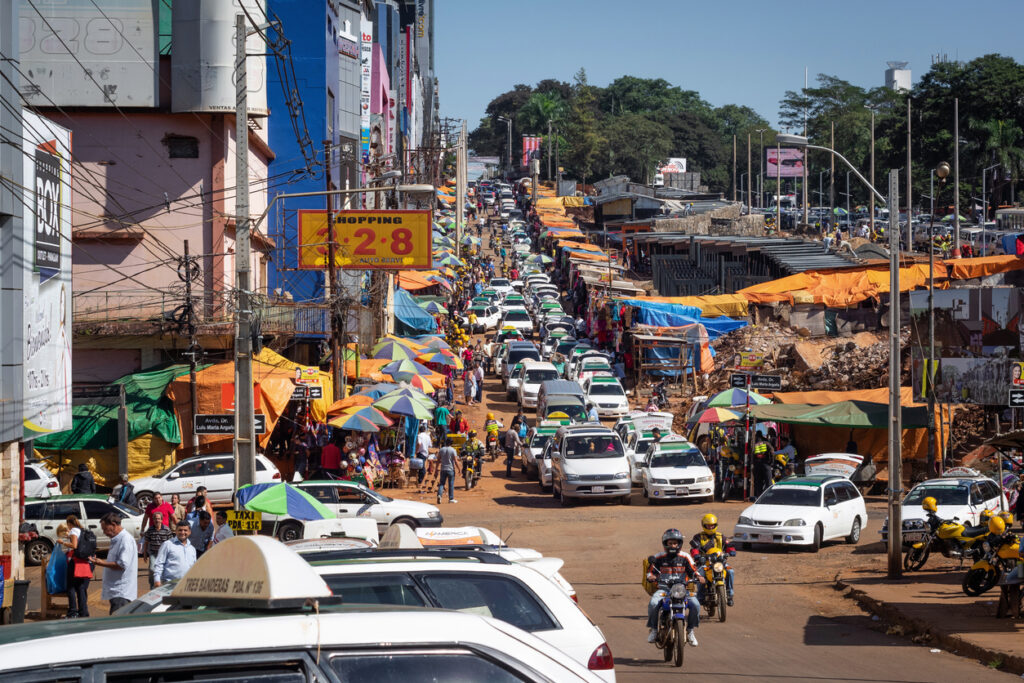
Paraguay stands out for having one of the easiest and most affordable residency programs in the world, according to experts at IMI Daily. All it takes is a bank deposit of around $5,000 USD into a local account, and you’re eligible for permanent residency. Once you’ve held that status for three years—and maintained basic ties to the country—you can apply for citizenship. There’s no requirement to live full-time in Paraguay, which is a huge draw for remote workers and location-independent folks.
The government’s approach is relatively hands-off. While you do need to show occasional presence in the country, many expats say they were able to travel in and out without issue while still qualifying for naturalization. There’s no language test, no interviews with intimidating bureaucrats, and no mandatory investment in property or business. Paraguay’s passport isn’t as powerful as those from Europe, but it does allow for broad regional mobility. If you’re looking for an easy second passport and a soft landing spot, Paraguay quietly delivers.
4. Ireland makes it easy if you have Irish ancestry.

If you have a parent or grandparent who was born in Ireland, you’re in luck. Ireland offers citizenship by descent that’s as straightforward as it gets—no need to move there, learn Gaelic, or renounce your current nationality. You simply apply for entry to the Foreign Births Register, submit the required documents to prove your lineage, and wait for approval. The process can take several months, but it’s relatively low-stress compared to naturalization routes.
Once approved, you’re officially an Irish citizen, with all the rights that come with it—including an EU passport that unlocks work and travel across the entire European Union. This route has grown more popular in recent years, especially among Americans and Canadians tracing their family roots. Even if your connection goes back to great-grandparents, it might still be possible through more complex family documentation. If Ireland is part of your heritage, this is one of the easiest and most beneficial paths to dual citizenship you’ll find.
5. Portugal rewards legal residents quickly.
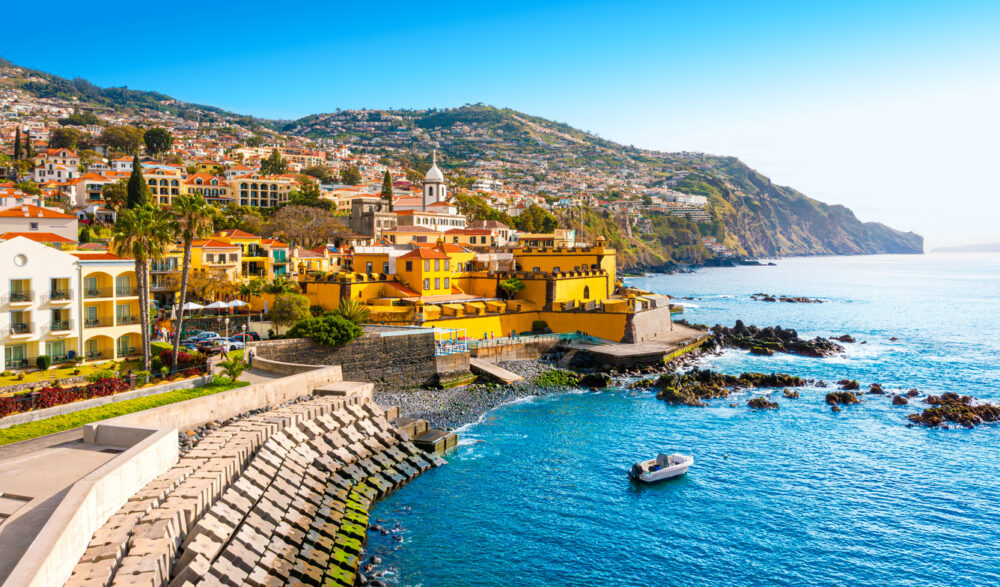
Portugal has one of the most welcoming immigration policies in Europe, and the path to citizenship is surprisingly quick and clear. After just five years of legal residency, you’re eligible to apply for citizenship. That’s faster than most EU countries, where ten years is the norm. The most common route is through the D7 visa, which is aimed at retirees or passive income earners who can prove stable financial support.
Once you’re in, maintaining residency is easy—you only need to spend an average of six to eight months per year in the country. When it comes time to apply for citizenship, Portugal does require a basic language test (A2 level Portuguese), but it’s manageable with some study. You’ll also need to show you’ve integrated into society to some degree, like having a local address or community ties. With a Portuguese passport, you gain full EU mobility. Add in the affordable lifestyle and coastal charm, and you’ve got a solid destination for an easy second passport.
6. Dominican Republic makes naturalization a breeze.

The Dominican Republic offers a fast-track to citizenship that’s faster than most people expect. After only two years of legal residency, you’re eligible to apply for naturalization. The process isn’t overly complicated and doesn’t require large financial investments. In fact, many expats say the government is relatively flexible and responsive—especially if you use a local lawyer to navigate the paperwork.
Residency itself is straightforward. You can qualify through retirement income, work permits, or even a simplified investor route with a modest bank deposit. While the country does technically require applicants to show ties to the community and basic language skills, these rules are lightly enforced in practice. Once naturalized, the Dominican passport grants decent travel access and the right to live and work freely within the country. For those who want a tropical lifestyle and a simple citizenship process, the DR remains one of the most accessible options in the Caribbean.
7. Canada offers a clear and fair path for immigrants.
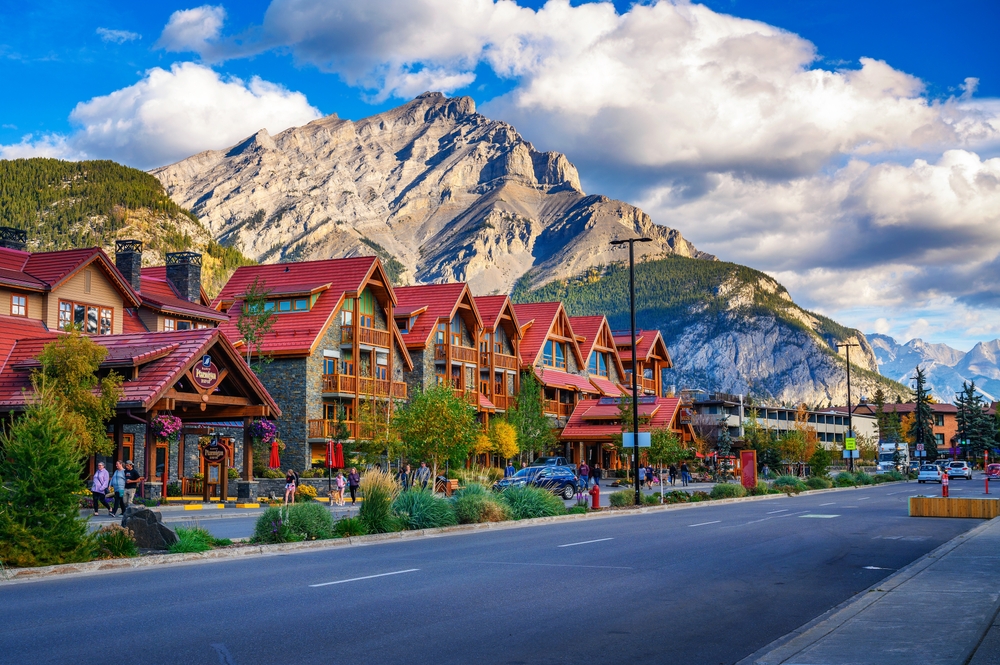
Canada’s citizenship process isn’t necessarily the fastest, but it’s one of the most transparent and fair. After three years of physical presence (within a five-year window) as a permanent resident, you can apply for citizenship. The system is rule-based and consistent, which is a breath of fresh air for people used to more opaque or discretionary systems. You do need to pass a citizenship test and prove language ability in English or French, but both are reasonable for long-term residents.
What sets Canada apart is the accessibility of permanent residency in the first place. The country offers numerous immigration pathways—skilled worker programs, family sponsorship, and even regional initiatives to attract newcomers to smaller provinces. Once you’re in, you’re treated well, with full access to healthcare, education, and legal protections. Canada doesn’t force you to renounce your original citizenship either. If you’re looking for a country with strong values, solid institutions, and a clear path to citizenship, Canada’s a top contender.
8. Mexico is surprisingly generous with foreigners.
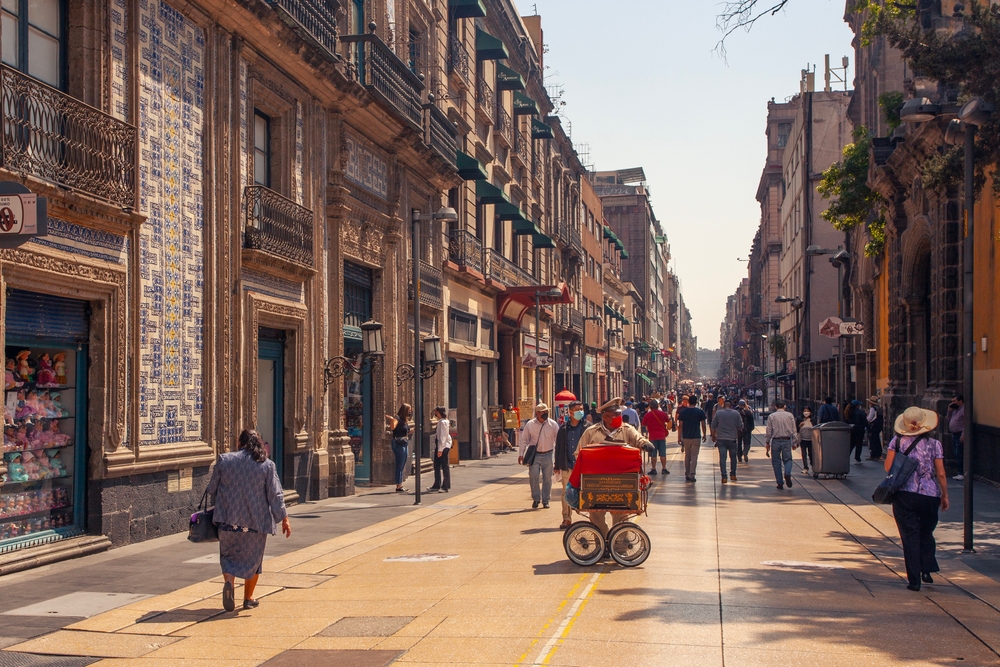
Mexico offers a straightforward route to citizenship that becomes available after five years of permanent residency. If you marry a Mexican citizen, that timeline drops to just two years. The process is known for being flexible, and the requirements are generally easy to meet—especially if you’ve already lived in the country under a temporary or permanent residency visa. Financial requirements are modest, and you don’t need to buy property or make an investment.
Applicants do need to pass a Spanish language and culture test, but it’s fairly basic and focused on daily conversational ability and general civic knowledge. Many expats say it’s manageable with some prep. What makes Mexico appealing is the friendliness of the process and the fact that your life in the country is taken seriously—long-term residents who’ve integrated into their communities are viewed favorably. Add in the warm culture, low cost of living, and vibrant expat hubs, and it’s clear why Mexico remains a favorite for citizenship seekers.
9. Brazil embraces immigrants with minimal hurdles.

Brazil is one of the most open countries in South America when it comes to naturalization. After just four years of residency, you can apply for citizenship—and if you’re married to a Brazilian or have a Brazilian child, that wait time is slashed to only one year. The process is relatively straightforward, and Brazil has a history of welcoming immigrants from all over the world. You don’t need to make a huge investment or meet strict income thresholds.
There is a basic Portuguese language requirement and a need to show social integration, such as employment or community involvement. But these expectations are flexible, and the government tends to be lenient when it comes to long-term residents who’ve made Brazil their home. Once you’re a citizen, you get a solid passport with visa-free access to many countries. Brazil also allows dual citizenship and offers a culturally rich, diverse environment where foreigners don’t feel like outsiders for long.
10. Saint Kitts and Nevis sells citizenship through investment.
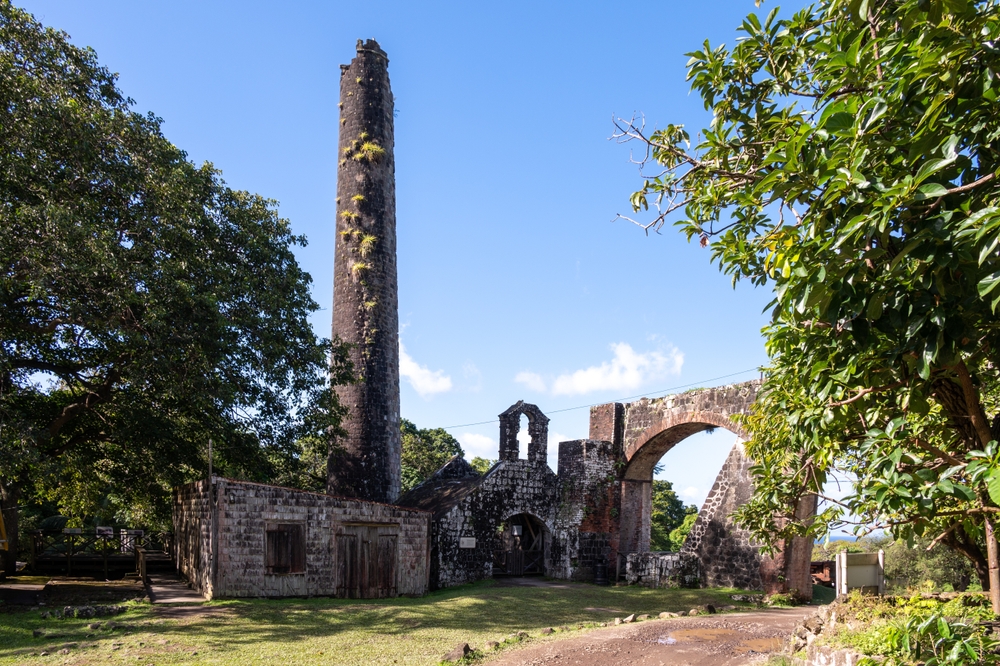
Saint Kitts and Nevis has one of the world’s most famous citizenship-by-investment programs. It’s not the cheapest option, but it’s certainly one of the simplest. For a donation starting at $250,000 to the country’s Sustainable Growth Fund—or a larger investment in real estate—you can become a citizen in as little as three to six months. There’s no residency requirement, no interview, and no language test. It’s a pay-to-play setup, but for those who can afford it, it’s incredibly efficient.
The country’s passport offers decent travel freedom, especially within the Caribbean and Europe’s Schengen zone. It’s also a useful option for people seeking a backup plan or a tax-friendly base. This path appeals to entrepreneurs, digital nomads, and global investors who value speed and flexibility. While it’s not a fit for every budget, it’s hard to beat Saint Kitts and Nevis when it comes to getting citizenship on your own terms—no strings, no waiting, and no fuss.
